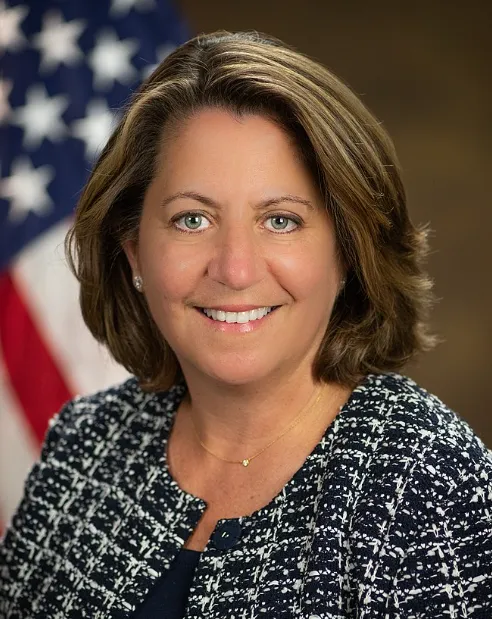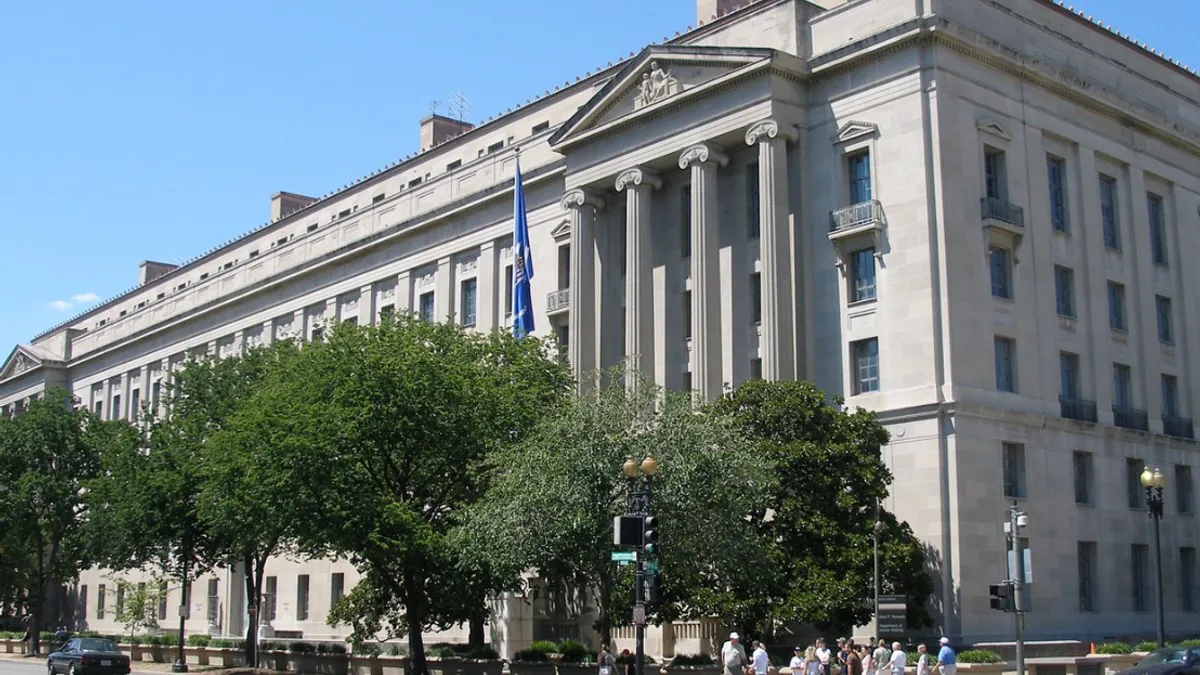Don’t sit on compliance problems while you figure out how to mitigate damage, U.S. Deputy Attorney General Lisa Monaco told general counsel and others involved in corporate compliance at a conference September 15.
The better approach is to let DOJ know about problems immediately, because it shows you take compliance seriously and that weighs in your favor if prosecutors take enforcement action against your company.

“Voluntary self-disclosure is an indicator of a working compliance program and a healthy corporate culture,” Monaco said. “Those companies who own up will be appropriately rewarded in the department’s approach to corporate crime.”
The Department of Justice won’t seek a guilty plea for proactive companies, for example, or it won’t require an independent compliance monitor in some cases.
Carrot-and-stick approach
Monaco used her remarks to fill in details on the department’s stepped-up corporate enforcement effort she announced last year.
That effort takes a carrot-and-stick approach: companies get cooperation credit when they let the agency know about problems right away, for example, but they get slammed if they sit on anything they find.
“We will require cooperating companies to come forward with important evidence more quickly,” she said. “Undue or intentional delay in producing information or documents — particularly those that show individual culpability — will result in the reduction or denial of cooperation credit.”
Individual accountability
More than in the past, the agency wants to apply the approach to individual officers and not just companies.
“Regardless of their position, status, or seniority,” she said, “We will hold those who break the law accountable.”
Monaco said she’s directing prosecutors to go after individual officers at the same time they do companies, and she wants them to have a plan for going after someone if they have to shelve that while they pursue action against the company.
“There must be a full investigative plan outlining the remaining work to do on the individual cases and a timeline for completing that work,” she said.
The goal is to push prosecutors and corporate counsel “to feel they are ‘on the clock,’” she said.
Speed is crucial, because if prosecutors wait too long to go after individual officers, evidence gets hard to come by.
“The lapse of statutes of limitations, dissipation of evidence, and the fading of memories can all undermine a successful prosecution,” she said.
The agency wants to see companies use clawback provisions or that otherwise tie pay to performance to hold individuals accountable for bad behavior.
“Companies [that] employ clawback provisions, the escrowing of compensation, and other ways to hold financially accountable individuals who contribute to criminal misconduct,” will be rewarded, she said, and so will those that “clearly and effectively impose financial penalties for misconduct.”
Mitigating contexts
Companies that are serial compliance violators will find it harder to work out a deal with prosecutors going forward, she said.
“Before a prosecution team extends an offer for a successive non-prosecution agreement or deferred prosecution agreement, department leadership will scrutinize the proposal,” she said. “Companies cannot assume that they are entitled to an NPA or a DPA, particularly when they are frequent flyers.”
On the other hand, if past misbehavior stems from a previous leadership team or if a number of years have gone by or if a good-governed company buys a bad-governed one, the agency will take that into consideration.
“We will … consider the nature and circumstances of the prior misconduct,” she said. “Facts might provide important mitigating context.”











